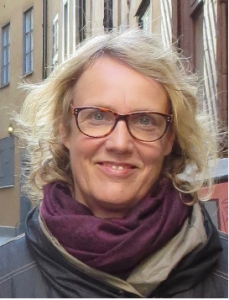IRES Seminar Series
Time: 12:30pm to 1:30pm (every Thursday)
Location: AERL Theatre (room 120), 2202 Main Mall
Let’s talk about poo
Abstract: Push the button and it’s gone! A white porcelain flush toilet has become a symbol of civilization. The introduction of central sewer systems in European and North American cities in the late 19th century was indeed extremely successful from a local public health perspective but the long-term sustainability of the ‘out of sight out of mind’ approach is increasingly questioned. In this talk, I will provide an overview of the questions of concern and how these have changed over time from the end of the 19th century until today. I will touch upon how these concerns have been framed and ‘solved’, and discuss how the technical framing of sewage management hides the fact that all solutions have unequal distribution of risks and benefits. To illustrate, I will use as a case the presently ongoing revision of BC’s OMRR (Organic matter recycling regulation), which regulates land-application of the semi-solid residual that remains after treatment (aka biosolids) and the stakes involved in the conflict that erupted in Nicola Valley in 2015, which led to that the revision process stranded (see for example Friends of Nicola Valley on Facebook).

Photo Credit: Gunilla Öberg/Artist Dino Pai
Bio: Dr. Gunilla Öberg, professor a IRES, is inspired by her deep knowledge in chlorine biogeochemistry, environment and sustainability, and her experience as a leader of complex interdisciplinary research and education. Her recent projects address sustainable sanitation planning, particularly in growing urban areas. Questions that drive her work include: What kind of knowledge is needed, used and trusted? How does the knowledge used impact perceived solutions and how are risks and benefits distributed? Research of late involves land-application of biosolids/sewage sludge, contaminants of emerging concern and sustainable sanitation solutions for informal urban settlements.
